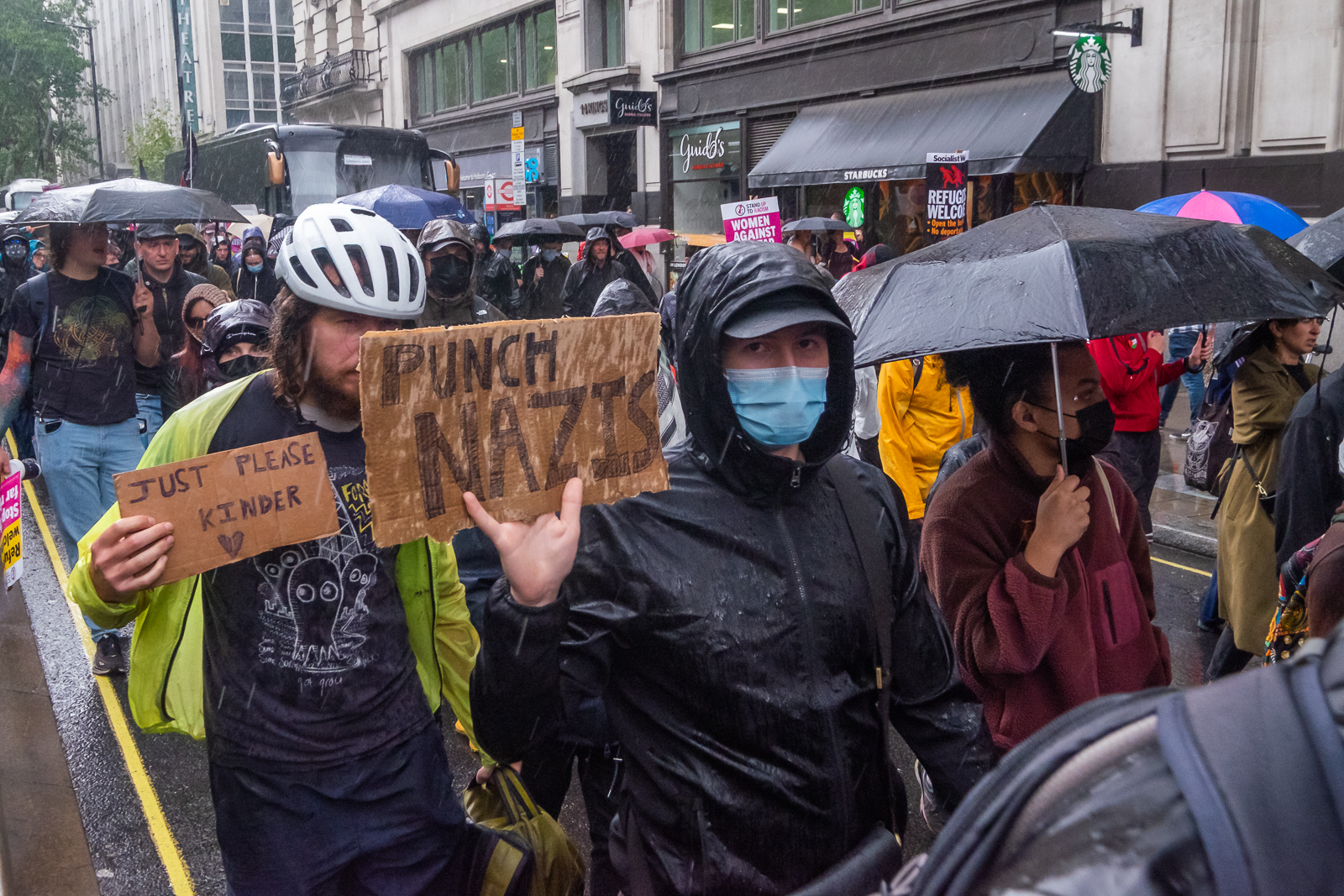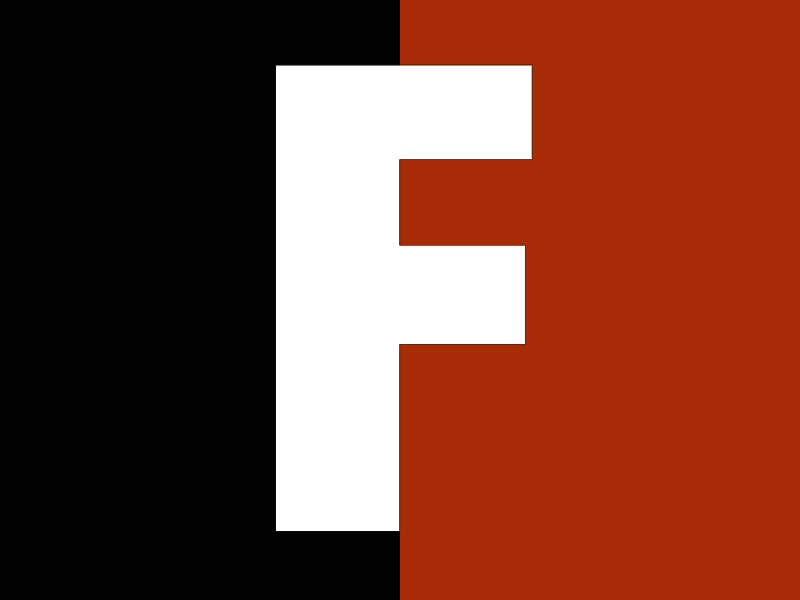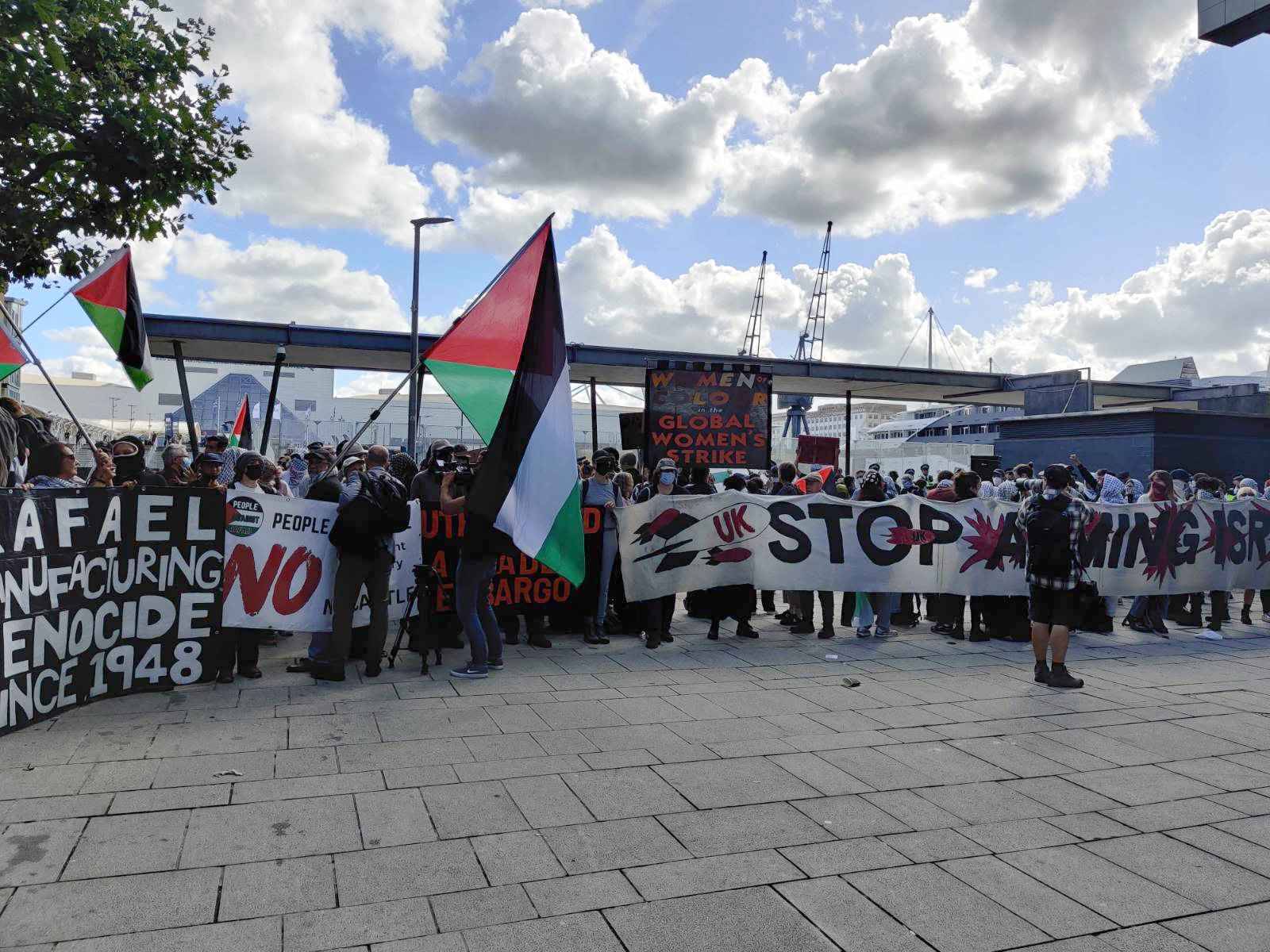Interview with Lebanese activist Maroun, an active participant in the 2019 popular uprising in Lebanon
~ From Aftoleksi ~
Let’s pick up the thread from 2019, when many young people in Western countries heard about the Lebanese world for the first time. You are from the young generation that made the grand uprising in Lebanon in October that year which lasted until May 2020. What were your demands then and what was the reason for the popular uprising?
The reason for the popular uprising then was the economic crisis. The Central Bank of Lebanon was taking the people’s deposits from their bank accounts and investing them in unknown assets to enrich an elite who ruled the Central Bank. The local banks, in return, took huge sums in Lebanese pounds at exorbitant interest rates to act as middlemen. In 2019, from September onwards, the banks started not allowing people to withdraw from their accounts and the Lebanese pound started to lose value against the dollar. So the people rose up by taking to the streets to demonstrate for better conditions. There were not so much specific demands as a general spirit of social revolt. There were occupations of public spaces that had been privatised. Many people from different religions and political backgrounds came together to form assemblies and joint actions. People had the opportunity to unite around some issues in the outbreak of the October 17, 2019 revolution.
This was a breakthrough, as the Lebanese people are still divided between religion and partisan identity due to the trauma of the 1975-1991 civil war.
The movements born in October 2019 managed to bring pressure on the then government and elites, but failed to ultimately bring radical change and unite the people in a meaningful way as the whole movement lost momentum after a few months. At the beginning, the people demonstrating could reach a million, but after the first month the number of people started to decrease to a few thousands.
Where do you think the people who were demonstrating like you are today, what could we say is the common feeling today?
Too many people have emigrated abroad. Too many young people have since left the country. We don’t know exactly but some sources say that half a million young people have left—with no serious intention of returning. This is a blow to the country and to the movement because these people had the will to put their dreams into practice and as they saw that the mass participation slowly declined from the demonstrations, they became frustrated and left.
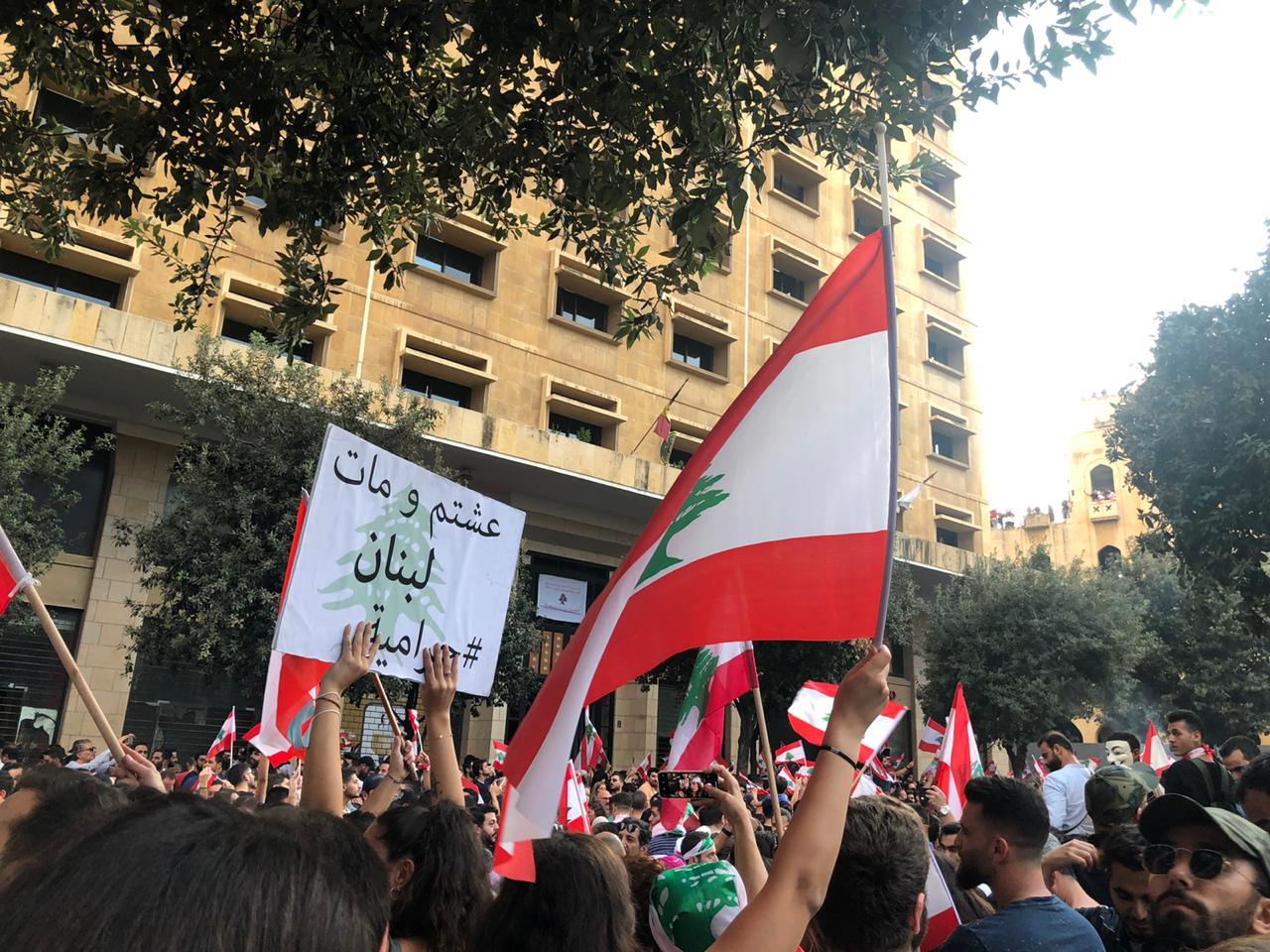
The common feeling of class solidarity has diminished somewhat. Significantly, in late October 2019, in the midst of social upheaval, Hezbollah itself ordered its supporters and its fellow believers (who make up at least 30% of the country’s population) to withdraw from the streets and no longer participate in the protests. So fear and insecurity among the partisan-religious groups increased.
At the same time, many conflicts and attacks were taking place between people on the street who were supporters of political parties while peaceful demonstrations were taking place. This scared a lot of people from participating and pushed some people back to the way of thinking of fear and hatred of others.
Coming to today, what was the situation all these months in Lebanon and what is it now with the Israeli invasion?
The situation in the country now is one of widespread fear. One million people have been displaced, mainly from southern Lebanon, populated mainly by Shia Muslims, to the Beirut areas and elsewhere. As there has been tension between the different communities since the civil war period (1975-1991), the displaced people have in fact now gone to areas dominated by other religious and partisan groupings. There is thus growing tension between different sections of the people and with some political factions that are opponents of Hezbollah and have an interest in the latter being defeated in the war now.
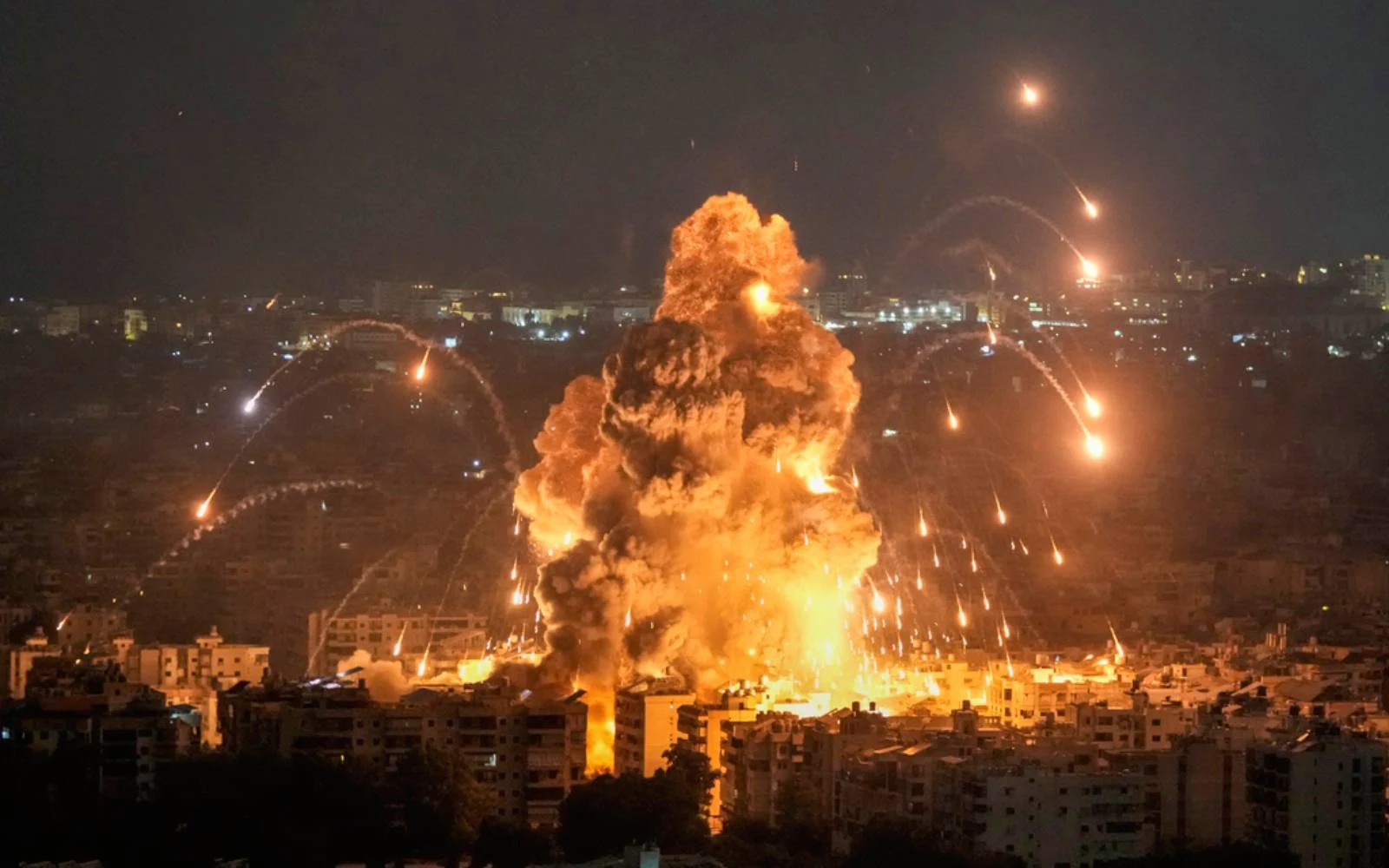
It is considered that Lebanon is an open field which is and is not part of the struggle for Palestine, depending on which groups one belongs to.
What is the position of the central government in the country in relation to Israel and Palestine? On the other hand, are there forces beyond conservatism and fundamentalism? And if so, what view do they hold about the war now?
The central government is made up of political groups—which include Hezbollah and its opponents. So, the government’s position is that Israel is carrying out hostile acts, it is an enemy and must stop the invasion of Lebanon and Palestine.
But because the central government is made up of different political groups that have conflicting ideologies and alliances in their foreign policy, it cannot take a meaningful and strong position on any foreign policy issue. The armed wing of the Hezbollah organisation—only their political part is a member of the government—has a harder and more aggressive stance towards Israel, but surprisingly the Lebanese government (which must include all voices in parliament) is in favour of a ceasefire with Israel and a truce.
The popular elements, apart from conservatism and fundamentalism, also stand against the war, and for the liberation of Palestine, but they are not well-connected and have not enough contact with the population in general. They have not had much influence on domestic or foreign policy, nor can they organise mass demonstrations at the moment. Unfortunately, in Lebanon all the corrupted parties that came to power after the civil war have kept their authority and suffocating influence by not allowing new currents to come to the fore.
Not many of our ideas from the 2019 revolution are still in the forefront today. The central slogans that prevailed then such as the typical “kellon yaane kellon!” (“All of them means all of them!”), meaning that ALL politicians and parties, and not just those of other religious groups, should go away—have been put aside.
I would say that there has been a resurgence in participation in the old parties and the people in general have become disillusioned with the change that ultimately did not happen in the 2019 revolution. They believe that nothing has been achieved and that in general Lebanon’s fate is always to be ruled by corruption and war…
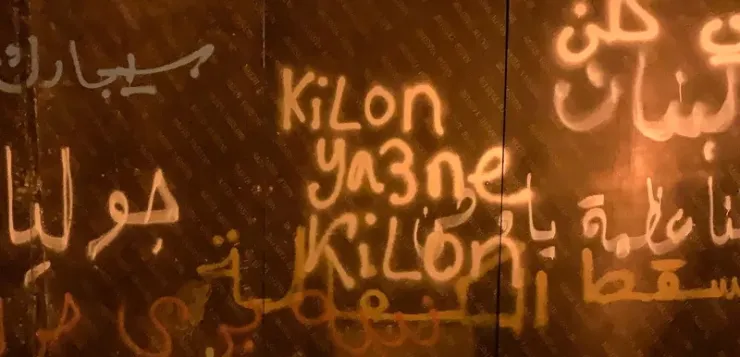
There are no serious collectives or major initiatives taking place because there is not much participation from the people, especially young people. Regarding the media and independent sources, there are not enough. I don’t know enough to speak with certainty, but for example Megaphone News and other indy-type of media seem to get funding from western countries so they also seem to serve someone’s interests to some extent. I am not aware of some serious source of information from the people for the people. There is a great lack of trust in Lebanon regarding media sources and this has held the country back in the area of organising.
Tell us a few words about the particular structure of a society divided into different religious groups, how is it represented politically? What happens with the political system there, the parliament, the elections, etc. How does it work?
Each religious part of the country is represented by one or more partisan factions. As signed in the Taef Treaty in 1990 to end the civil war, any party representing a religious group should have access to the government. That is, the parliament is split 50-50 between Christians and Muslims but each of the 12 religious groups has a seat in parliament. So, there is supposed to be mutual respect and inclusion in the politics of the country but in fact this is not the case.
In fact, it’s dysfunctional because each major party represents a religious sect, and can veto—not formally but in the sense of withdrawing from political meetings—and then there can be no consensus. The politicians and the people would rather have a whole period (or year) go by without any progress (for example, not electing a president for years) than have decisions made that might upset the balance between the various partisan-religious groups.
There is always the fear that such an upheaval could lead to a new civil war…
In 2022, general elections were held in Lebanon. The abstention rate reached 50%. People said in 2019-’20 that they would get revenge from the parties, but in the end the 50% of those who voted elected the very same parties. Hezbollah only got 19.89% of that 50%. That’s about 350,000 people while the country have a population of over 5 million. I believe, however, that more people support them informally than what is shown in the election results as Hezbollah provides some services, food security, etc. to the Shia population.
On the other hand, there are many reasons why one might be opposed to Hezbollah, such as because they do import a very specific foreign policy to Lebanon (alliance with Iran’s “Axis of resistance”). Or someone else for religious reasons if they are Sunni or Christian and see Hezbollah’s influence as a threat to their life, or someone else may be against Hezbollah simply for reasons of power, so that they can be in their place and have their privileges.
There are also the serious people—who are fewer in number—who have serious anti-fundamentalist reasons for being against it, and who are therefore against all political factions because they are against this system in general.
What is the situation with public infrastructure in the country? How is daily life organised in each region based on local religious authority?
The situation with public infrastructure is horrible. It hasn’t been well maintained for decades. It hasn’t been given the necessary upgrades to serve the people and their needs. At the same time, the population is increasing (at some point to dangerous level with the displacement of so many people from the South by the Israeli attacks), while the conditions of climate change are exercising further pressure in regards to the consumption of water and electricity. To make things worse, the country’s electricity and water have been privatised by private providers who sell these services profitably. Basic necessities cost several times more than the normal cost and constitute a huge share of the people’s livelihood. Many homes have electricity for a few hours a day and the water supply is not constant.
Anyone who can afford it gets electricity from private generators installed in each neighbourhood by businessmen (each one of whom is linked to the respective political-religious party of the area)!
Everyday life and problems, whether you live in a Christian or a Muslim community, are common to everyone. There are no serious differences. The essential difference is with the rich. In the places where the rich and powerful live, there are much better amenities and security. In contrast, the common man struggles to secure a wage (which often is not even enough to cover basic needs) and be able to live.
Each political party has religious power behind it, so the haves have divided the country between themselves, and each one exercises control over their respective region of influence. Similarly, service providers do not operate in other areas that do not correspond to their own religious or party identity.
As we were saying in 2019, ALL of them are corrupt and oppressive and must go


